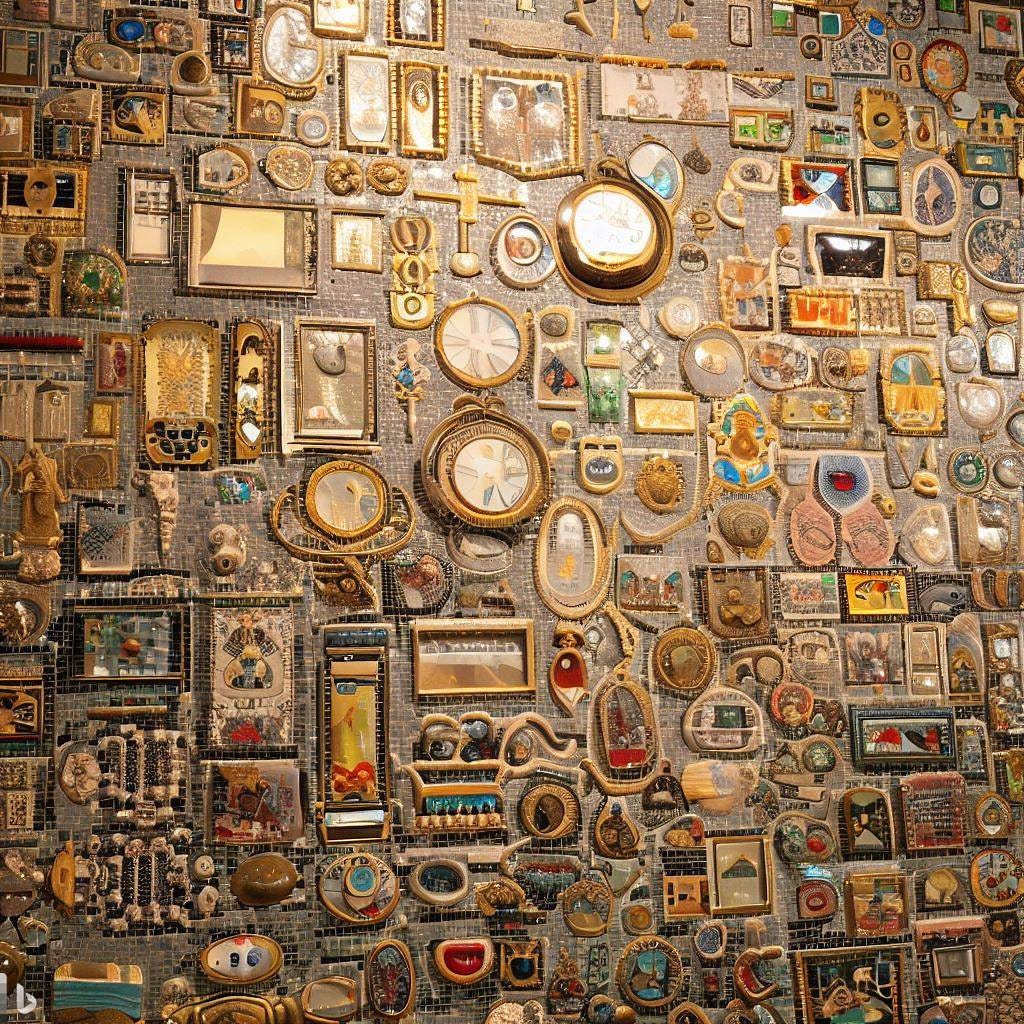This post is provided by Misbah Azhar
Passionate collectors would do almost anything to expand their collection, as these items represent pieces of history, cultural touchstones, or even investments due to their rarity. If you are brainstorming ideas for your small business venture, selling collectible items is excellent. However, establishing a successful business is about more than just an idea. Read on to determine how you can set up a successful collectibles business.
1. Finding Your Niche
Selling collectible items is profitable, but you must determine which collectibles you will sell. This will allow you to focus your resources, build expertise, and find a specific customer base to cater to. Ponder the collectibles that have fascinated you and determine what draws you to them.
You can sell collectible cards or cater to investors who collect valuable collectibles like numismatic coins. In such a scenario, you must ensure their originality. This article by Oxford Gold Group can help you identify valuable coins for your business.
Remember, you must have specific knowledge and expertise about your chosen collectible niche to sell better. Look beyond mainstream collectibles and explore hidden gems that spark your enthusiasm as long as they have a market. Identify the market through Google Trends, online forums, auction results, and industry publications to understand collector preferences and buying habits.
You also need to assess the availability and affordability of your collectibles inventory. Determine if you can make a potential profit and analyze your competition. Develop a marketing plan that aligns with your budget, resource constraints, and long-term business goals.
2. Laying the Foundation
Starting a successful collectibles business requires more than passion; you need a proper roadmap and a strong foundation. Once you define your niche, you must craft a clear business plan. Identify and analyze your target audience, trends, competition, and pricing strategies.
Once you have a profitability model, create a budget and sales forecast. You must also outline your marketing plan at this stage and determine how you will differentiate yourself from the competition.
Research what licenses or permits your business requires and obtain them. Thoroughly understand tax implications and regulations for your business. Consider consulting with lawyers and accountants to avoid any legal trouble later.
3. Start Selling
Once you take care of the legalities, you can establish your business and start selling collectibles. To have better sales, you must be persuasive and show a command of the collectible you’re selling. Go beyond basic product descriptions: tell the story behind each piece that highlights its history, significance, and unique features. Emphasize your collectible’s rarity, condition, and investment value.
Think of captivating titles and tags. Use relevant keywords to ensure your listings are easily discoverable by collectors if you build an online presence. Informative and intriguing titles can pique curiosity and persuade customers to buy from you.
Endnote
Starting a small business selling collectibles is a profitable idea, but you need more than just ideas to set up businesses. You will require a proper business plan to make your collectibles business a reality. Start by determining your market niche, then lay strong foundations for your business, and sell using persuasive marketing techniques. Be sure to take expert opinions on every step of developing your business!
Misbah Azhar began writing as a professional on my blog and then discovered my true calling, which is writing about technology, News, Home Improvement, Fashion, Business, and in general. I have been a technical writer, author, and blogger since 2015.

